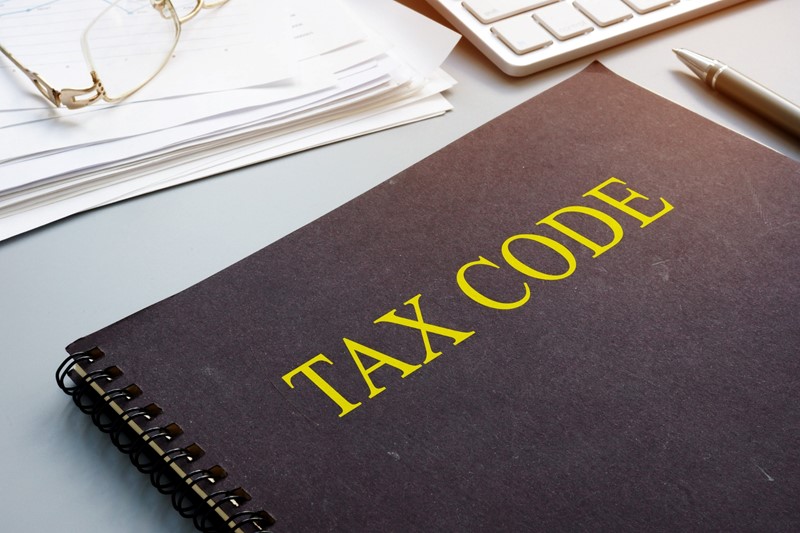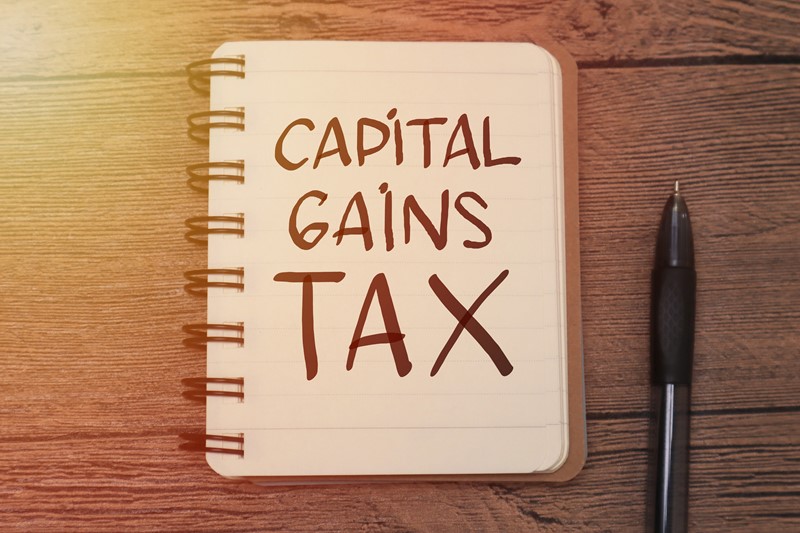Emergency tax codes

The letters in an employee’s tax code signify their entitlement (or not) to the annual tax free personal allowance. The tax codes are updated annually and help employer’s work out how much tax to
Check your State Pension forecast

The State Pension forecast provides an estimate of how much State Pension an individual can expect to receive when they reach State Pension age. The estimate is based on the applicant’s National
Draft legislation published for Finance Bill 2023-24

Legislation Day (L-Day), 18 July 2023, was the date when the government published the draft legislation for Finance Bill 2023-24. This Finance Bill will be colloquially referred to as Finance Bill
The Construction Industry Scheme

The Construction Industry Scheme (CIS) is a set of special tax and National Insurance rules for those working in the construction industry. Businesses in the construction industry are known as
When you don’t have to pay Capital Gains Tax

In most cases, there is no Capital Gains Tax (CGT) to be paid on the transfer of assets to a spouse or civil partner. There is, however, still a disposal that has taken place for CGT purposes,
New crackdown on illicit tobacco

HMRC has continued to tackle the UK’s most notorious hotspots for the sale and supply of illicit tobacco as part of its overall remit to tackle tax fraud. This has resulted in the seizure of more than
HMRC pledges £5.5m in partnership funding

HMRC is awarding £5.5 million to voluntary and community organisations to support customers who may need extra help with their tax affairs.
HMRC is inviting eligible organisations to bid for the
Business records if self-employed

If you are self-employed as a sole trader or as a partner in a business partnership, then you must keep suitable business records as well as separate personal records of your income.
For tax
Connected persons for tax purposes

The definition of a connected person for tax purposes can be complex.
A statutory definition of “connected persons” for Capital Gains Tax purposes is set out in Section 286 of the
Exempt company purchase of own shares

Most payments a company makes to its shareholders, in respect of their shares, will be qualifying distributions (usually described as dividends) and may be subject to Income Tax.
If certain


